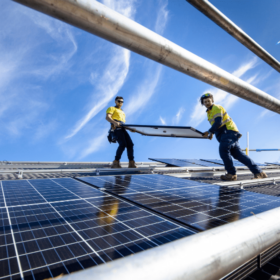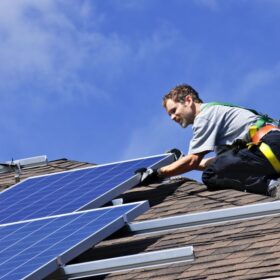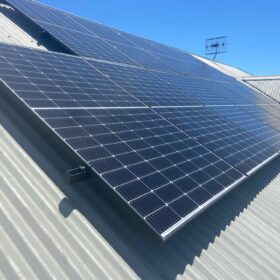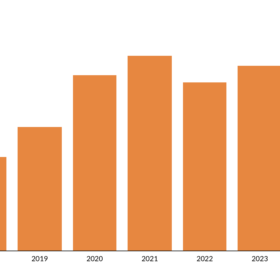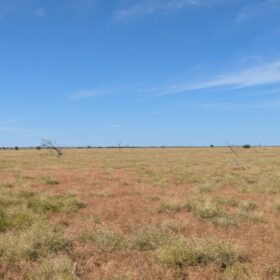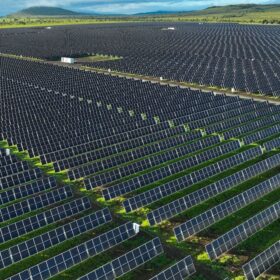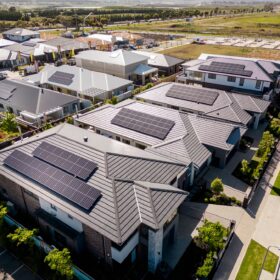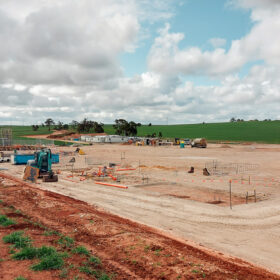Virtual power plant drives ‘zero down’ household solar and battery installs
Gentailer Alinta Energy and technology solutions company National Renewable Network have co-launched an initiative that installs household solar and battery storage systems at no upfront cost.
60% of Queensland electricity from rooftop solar by 2035 a ‘no-brainer’
A Queensland report says 60% of the states’ electricity could be generated by rooftop solar and distributed battery storage by 2035, if the state supports a host of initiatives resulting in further rollout of consumer energy resources.
Draft review maps consumer energy resources integration reform
Solar generation and rooftop solar are among the biggest catalysts of change to the National Electricity Market, which a draft government review aims to stabilise and improve through nine reform recommendations.
Rooftop solar market slows as battery installs surge
Australia’s uptake of rooftop solar is showing signs of slowing with new data revealing that little more than 205 MW of new rooftop PV capacity was added in July, just a month after installation rates dropped to their lowest point of the year.
Battery recycling centre launched at University of Adelaide
The federal government’s Australian Research Council has launched a new training centre in South Australia that will seek to provide industry-led solutions for the recovery, reuse and recycling of battery waste in Australia.
Irish developer eyes 2,000 MWh renewables park in Queensland
Ireland-based renewables developer DP Energy has unveiled plans to build a 500 MW / 2,000 MWh battery energy storage system alongside a 1,400 MW wind farm in northwest Queensland.
Queensland solar farms dominate performance benchmark
The 82 MW Moura Solar Farm was Australia’s best performing large-scale PV power plant in the month of July, with an average capacity factor of 26%, as Queensland facilities dominated the charts for the best performing big solar assets.
Tindo to scale up production capacity with Solar Sunshot support
Australian solar module manufacturer Tindo Solar will look to ramp up domestic production capacity after securing funding through the federal government’s $1 billion Solar Sunshot Program.
Trial to help shape commercial future of time-matched energy
Success in the energy transition will come down to renewable hardware and software technology, but that won’t be enough in itself. How we design, package, and deliver clean power is going to be every bit as important.
Pacific Green and Zen Energy sign 1.5 GWh BESS tolling agreement
UK-based battery developer Pacific Green has entered into an agreement with Australian energy retailer Zen Energy for 10-year tolling arrangements across three of its planned battery energy storage system projects.
